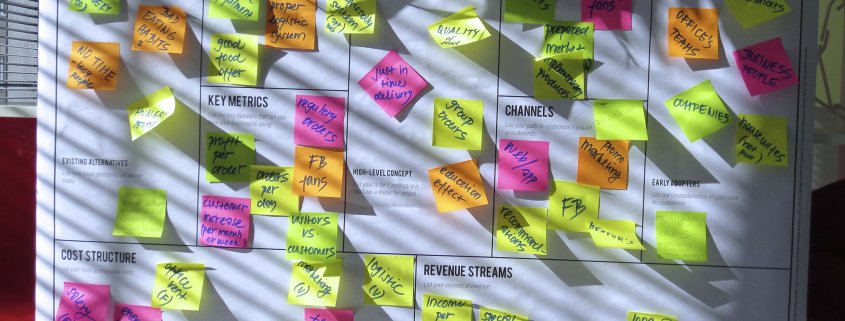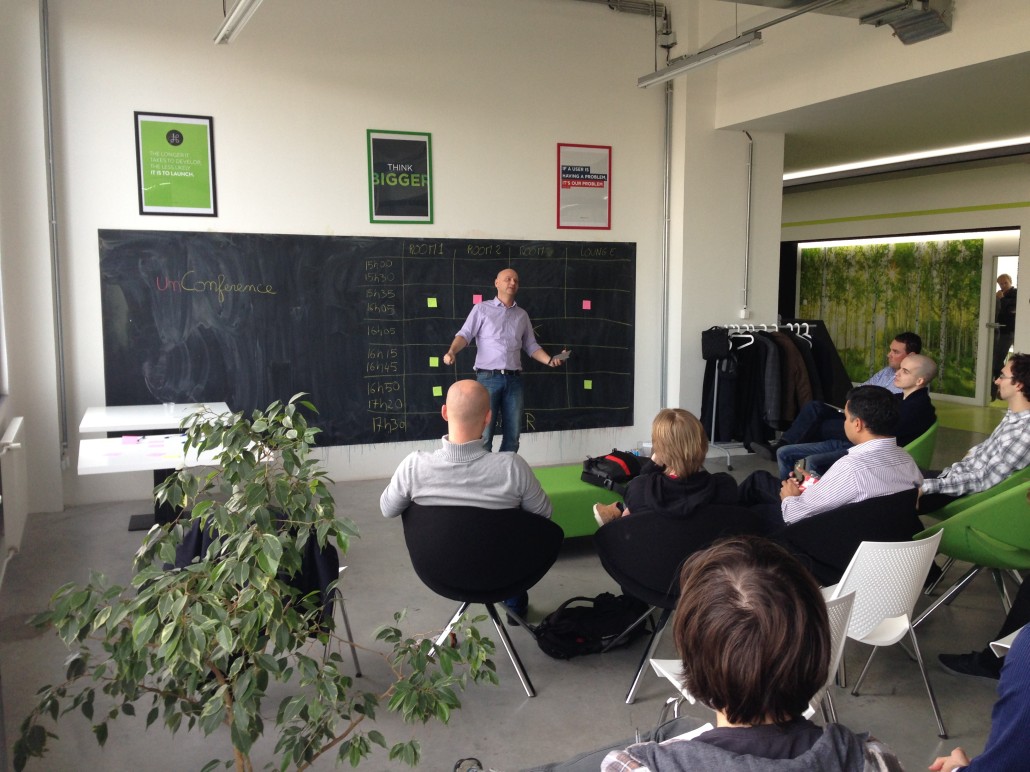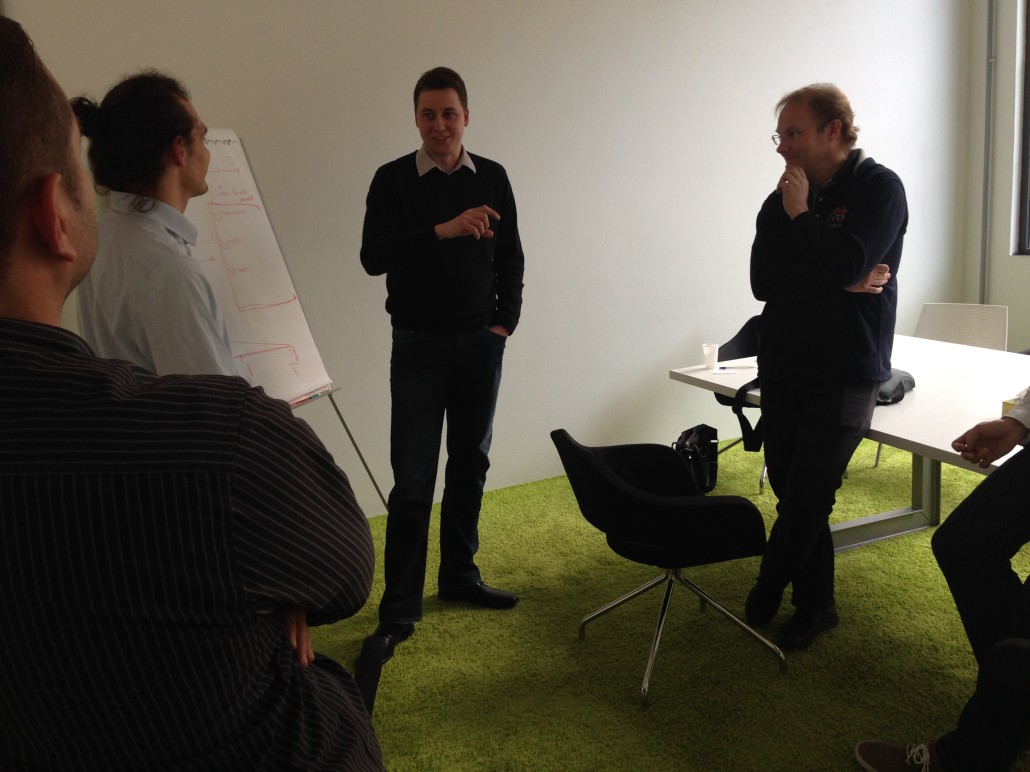StartupYard’s Next “Unconference,” Tuesday, April 21st, 18:00, Sponsored by SoftLayer
StartupYard is happy to announce our second “Unconference,” a non-programmed networking and thought-sharing event in which anyone can be a presenter, and where ideas matter more than personalities.
The event will be held at StartupYard’s homebase:
Node5, Tuesday, April 21st, at 18:00.
Anyone with an interest in Startups is more than welcome to attend, and to present on any related topic, or just to listen and ask questions. Drinks, and light refreshment will be provided, and the event is expect to run until about 21:00
Sponsored by SoftLayer
We are also please to announce that SoftLayer, an IBM company, is graciously providing food and drinks for the event, through our partners at Node5. SoftLayer is a proud StartupYard sponsor, and will be giving a workshop on integrating IBM cloud services for members of StartupYard and Node5 on April 20th. Their participation in the UnConference brings their authoritative voice on cloud computing and big data solutions to any of the sessions they may host or attend. We’ll be happy to have them there!
From their website:
“SoftLayer, an IBM Company, provides cloud infrastructure as a service from a growing number of data centers and network points of presence around the world. Our customers range from Web startups to global enterprises.”
How it Works
Last year, our director Cedric Maloux ran our first “Unconference.” For those as yet unfamiliar with the format, as I was myself, unconferencing is an alternative take on a conference in which the participants help shape the talks and sessions offered.
An Unconference differs from a traditional conference or set of workshops, chiefly in that none of its content is planned or scheduled ahead of time. Instead, the content of workshops is decided spontaneously, by whomever is in attendance, and is interested in contributing.
The whole process looks a bit like this:
Why it Works
Unexpectedly at our last Unconference, I ended up leading a session myself in the first time bracket, on email marketing, a subject close to my heart. My talk was “The 7 Elements of the Perfect Marketing Email.” As the idea had popped into my mind at the last moment, I had written it into the schedule expecting only a few people to be interested. But about a dozen people arrived to hear me speak about a subject for which I had not prepared any material.
No matter, I forged ahead and proposed a few of the ideas about what I think makes great email marketing. And here’s the best part: because of the informality of the format, and the time constraints, the attendees were quick to prod me with a bunch of questions I had no hope of ever being able to answer completely in the given time. These questions gave me great insights into what they wanted out of my talk. For example, someone asked whether he should send mass emails to his top clients using his personal email address, and if so, how to make sure there were no embarrassing gaffes with names and personalization. That’s a question I wouldn’t think to talk about with that group. But because it was an unconference, the people who attended my workshop were quick to tell me what they wanted to talk about.
Clearly, the unconference is a great platform for launching dialogues and connecting with peers who have skill sets you may not even know about. I found myself spending the remainder of the evening reviewing my comments, and cursing myself for not adding *that* piece of information, or *this* anecdote to my talk. It inspired me to flesh out my own ideas on the topic, and the questions honed in on what interested my workshop group most.
What You Can Get Out of It
A big drag on conferences, it seems to me, is that much of the time, they’re vehicles for a few people to brag to each other, in front of an audience, about how successful they are. Conferences are often more about the people who’ve organized them, than the people attending. An Unconference is all about the people in attendance. Based on our experience last year, an unconference can prompt questions and debates that last for quite some time, and may spark connections with other thinkers and idea makers who you’d normally never get a chance to engage with on the same level.







